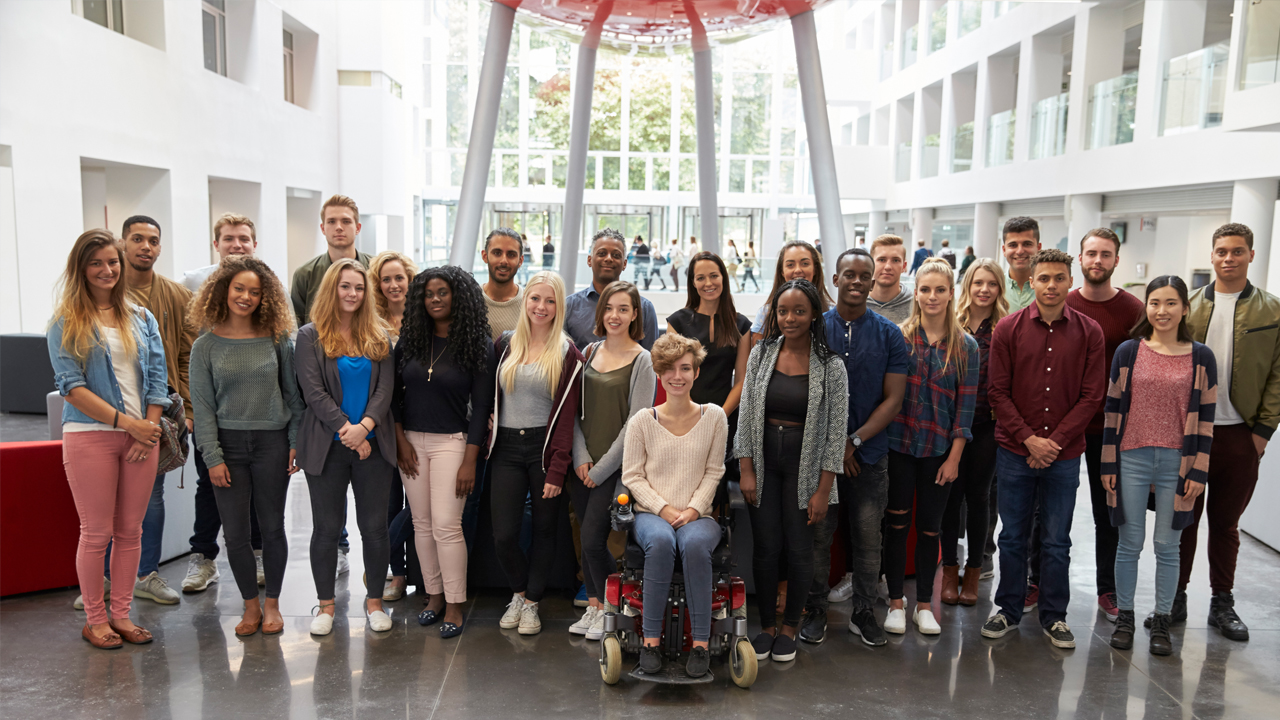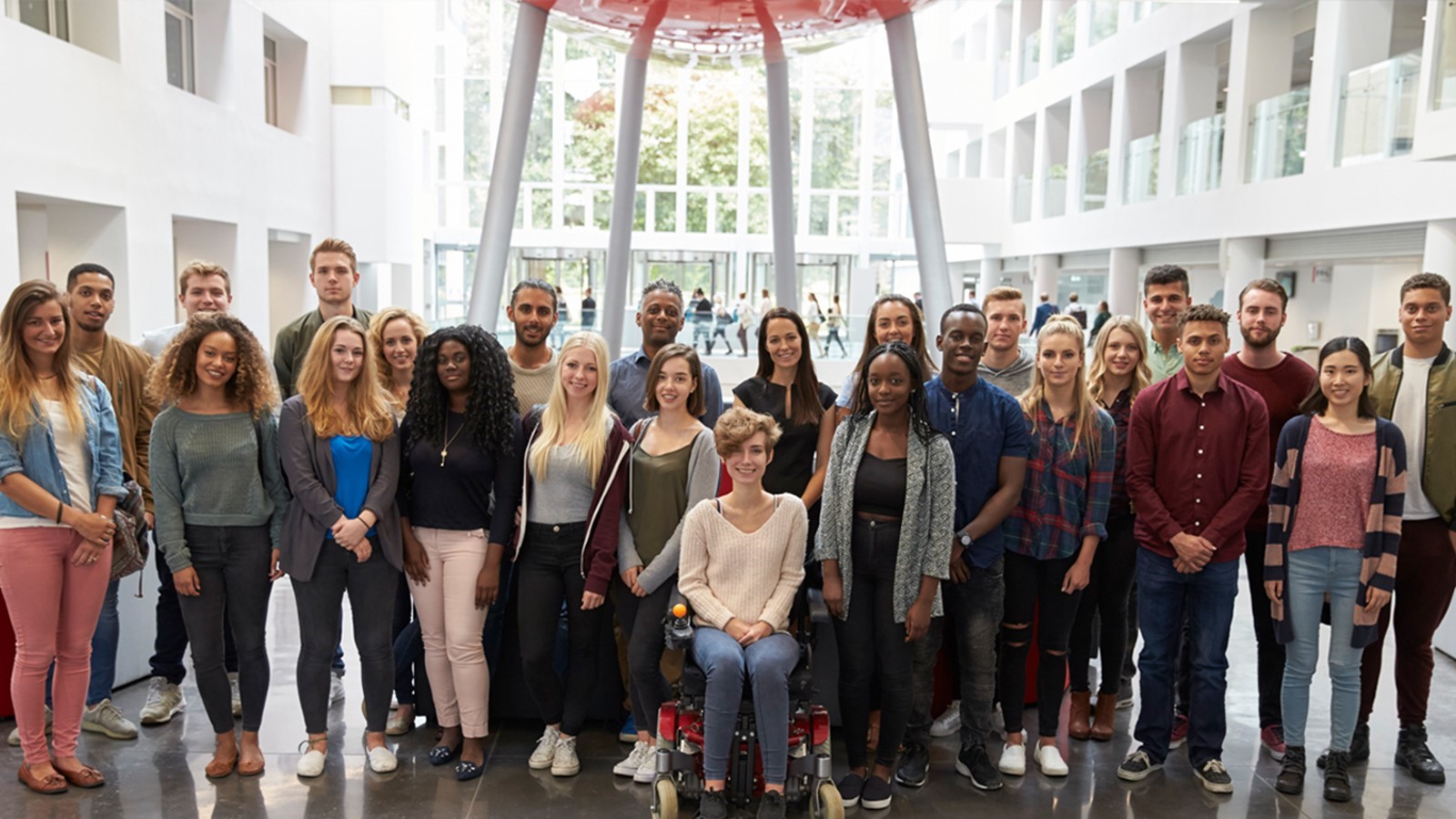As a newly qualified psychotherapist living in Reading, I looked around for a service that could address a need I had identified while I was working in community development projects. The need was for appropriate mental health support for multilingual people. But no suitable service existed. “Why not?” I asked. “You’ll need to conduct a consultation to establish evidence of need,” I was told.
During my years working in community development I had observed how frequently communities were consulted, and how no follow up action was taken. The evidence of need already existed. I had trained as a psychotherapist so that I could provide a service. What was required was not more research, not even more social activism, but something that would make a difference to people in their everyday lives. What was needed was social action.
So, I developed the Social Response Cycle to act on what I had observed. I set up a service myself. That was in 2000. I had imagined that in 20 years’ time the Social Response Cycle would no longer be relevant. However, it seems that the Social Response Cycle is more relevant, and that the environmental, political, and social issues are even more urgent today. Communities are mobilising. Activism is increasing. People want to implement the ideas from activism but sometimes they don’t know how.
At the heart of the Social Response Cycle is the belief that very small initiatives can be of disproportionately large value to individuals and communities; that central to the success of social action projects are our willingness and ability to address our relationship with power, authority and knowledge; that waiting for the evidence from formal, well-funded research often means inaction and lack of funds to implement the findings; that a more reciprocal process means that the data do not have to justify the service, the service provides the data.
Through the Pásalo Project I have created a free online resource to teach people about the Social Response Cycle. The resource aims to help people who are concerned about social justice and discrimination to build their confidence to take ethical, socially responsive action (from small, unfunded interventions to longer-term, resourced projects) when they identify a need. Although the action is therapeutically framed, the principles and ethics behind the therapeutic considerations apply broadly to all initiatives which involve people.

The Social Response Cycle
Can we, and indeed should we, from our position as therapists and counsellors, reach beyond our clients’ inner worlds and try to impact on their outer worlds? A member resource that will introduce you to a model for implementing social action projects.

Sharing your experiences
Marking one year since the start of lockdown, we’re sharing your blogs about the impact the coronavirus pandemic has had on you, your practice and your clients

Coronavirus (COVID-19)
Guidance and resources for members
Views expressed in this article are the views of the writer and not necessarily the views of BACP. Publication does not imply endorsement of the writer’s views. Reasonable care has been taken to avoid errors but no liability will be accepted for any errors that may occur.
